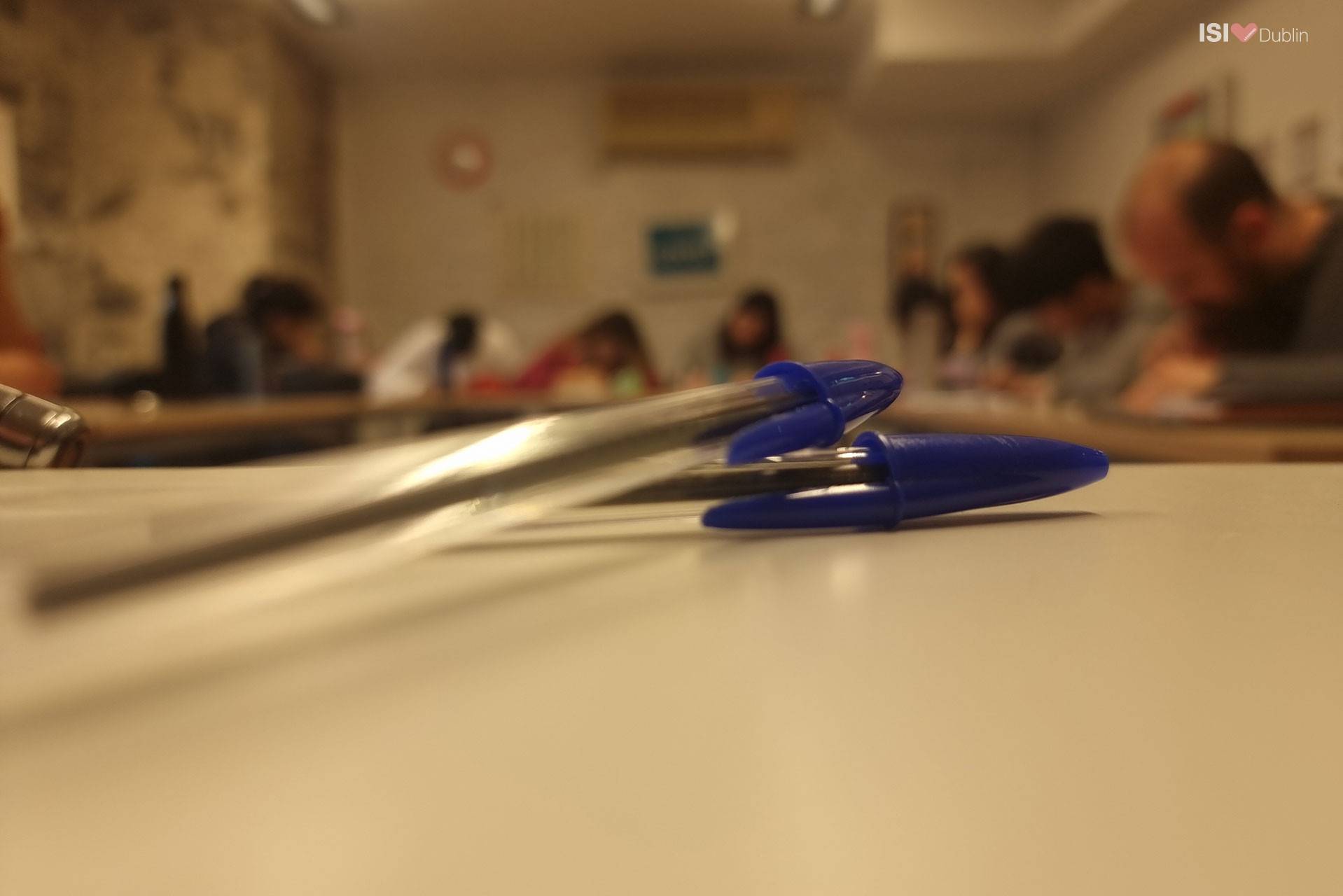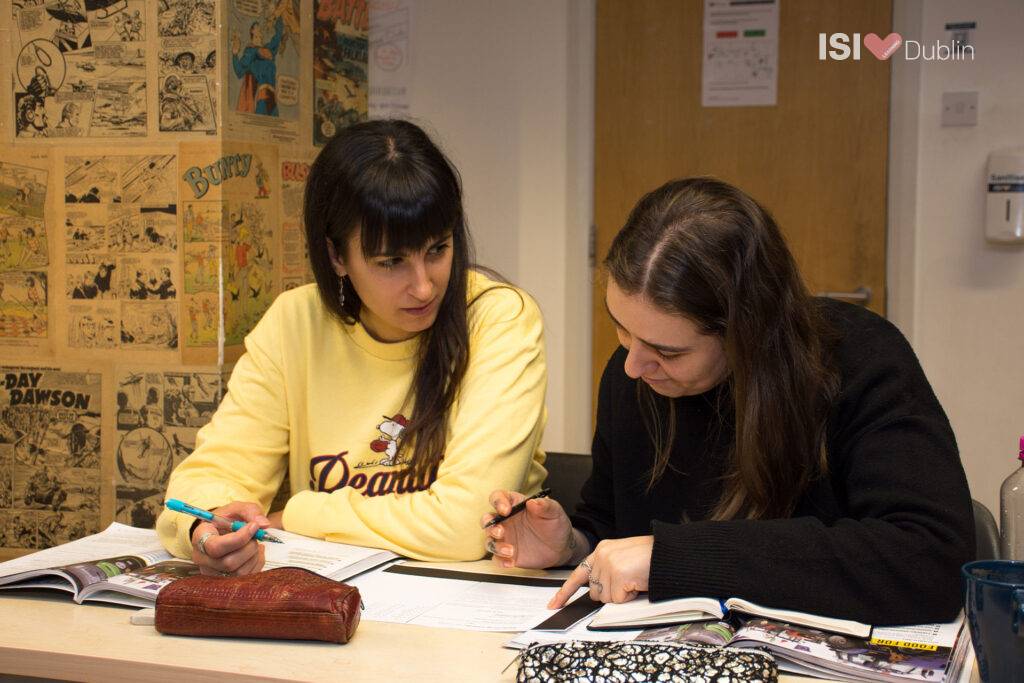Like with every other skill, writing needs practice. First and foremost, your writing will improve if you read, so be sure to check out some of the tips provided previously.

There are some simple ways to practise your writing outside of the classroom.
Texting and messaging
Most of us, nowadays, prefer to send messages instead of calling. It is easier, and more convenient, and you don’t need to take up someone else’s time if they are busy. WhatsApp and Instagram are now the two most popular ways that people send messages. Practise sending messages in English.
Social media
I’ve mentioned Instagram, so very quickly, why not talk about social media in general. If you regularly post to social media, try writing your captions (the writing under you pictures) in English from now on. Write and respond to comments in English. It’s the little things that help.
Emails
Some of the most important things you need to do when you move to another country rely on written communication. Applying for jobs, communicating with your school, trying to find accommodation; they all need you to write emails. These emails can be short and simple, or they might need to be longer and more detailed. Use this opportunity to practise your writing skills.
Cover Letter / CV
Your cover letter could be the difference between you getting a job you want or not. Practising that kind of writing will help your English in the long run. Your CV will also contain written information, but this is generally shorter.
A diary / journal
One of the simplest ways to practise writing while also looking after your mental health is writing a diary or a journal. By writing what you did, how you felt, and any other little notes that might have crossed your mind every day you can improve you written English, especially if you use the English that you’ve just learned in class.
Practice is the only way to improve. Not everyone enjoys writing, but it is one of the four basic skills needed on the road to fluency in the language.

